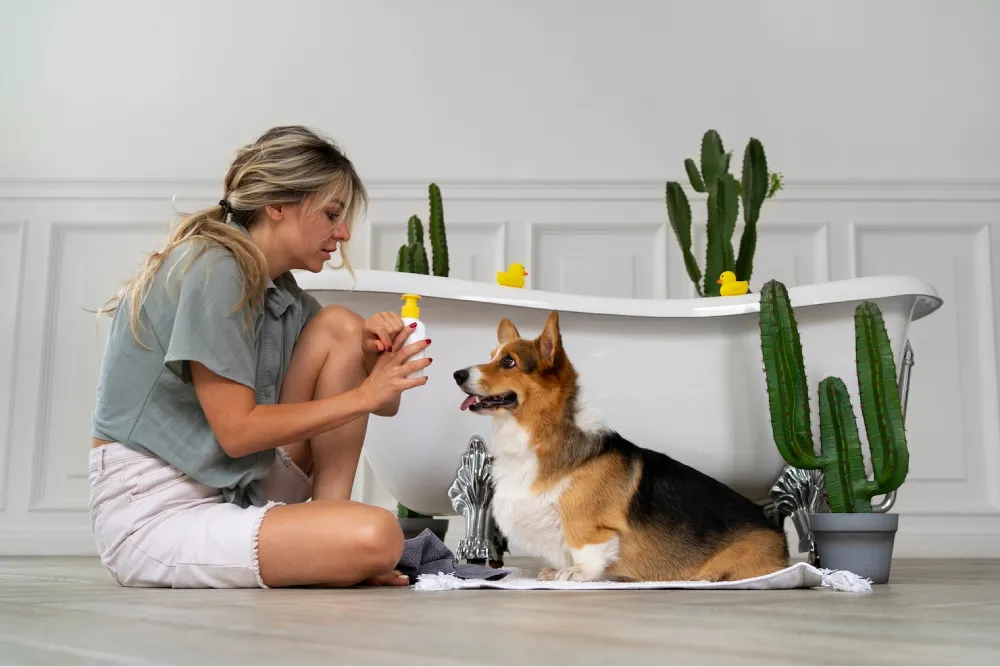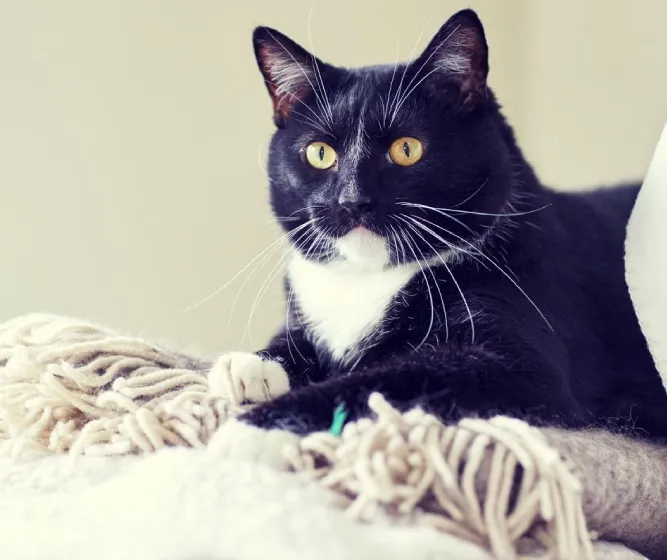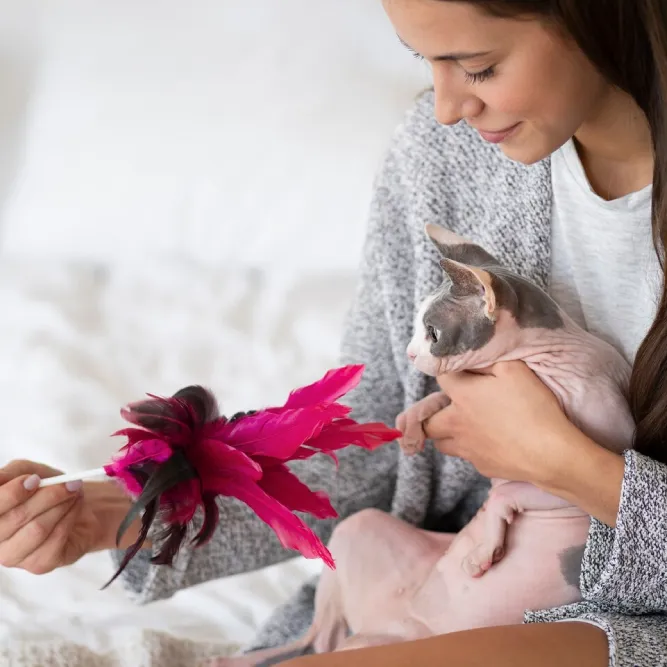Animal Aromatherapy

Animal Consultation
If you decide to use essential oils for your pets or animals, I am a Certified Animal Aromatherapy Practitioner.
An animal aromatherapy consultation starts by gathering a comprehensive health history of your pet, current conditions, reasons for seeking aromatherapy, application options, and other relevant information.
The essential oils and carrier oils are thoroughly researched and carefully chosen based on their chemical composition, potential interactions with health conditions and medications, and safety for your pet. The most effective delivery method for each product will be discussed.
If you are interested in incorporating aromatherapy into your animals’ care, contact me for a consultation.
Animal Aromatherapy
Animal lovers want what’s best for their pets and often seek information and advice online or on social media. However, much of this information is often unsafe or unsuitable for animals.
It is important to consult your veterinarian if your pet or animal has any known allergies or serious health conditions before using essential oils. Some essential oils are not suitable for specific health issues.
Essential oils for dogs, horses, and other farm animals can be applied topically for massage, skin, and hoof or paw care. Inhalation therapy can also be used with an atomizer diffuser and mist spray bottles.
Using essential oils around cats is limited because their sensitive metabolic systems and internal organs, especially the liver and kidneys, cannot break down certain substances due to a lack of enzymes.
Hydrosols—also known as hydrolats—are the aromatic waters left after steam distillation of plant materials such as flowers, leaves, twigs, and bark used for essential oils. They can be a gentle and safe choice for animals, including cats, when used in small amounts.

Always use essential oils under the guidance of a professional aromatherapist. It is best to consult a trained aromatherapist with additional expertise in animal aromatherapy to ensure your pet’s safety and health.
Avoid using essential oils with the following:
- Cats or felines, because of their sensitive metabolic systems, should not be exposed to essential oils.
- Fish and reptiles are affected by their pH levels and aquatic environments.
- Birds are influenced by their respiratory and metabolic systems.
- Pet rodents and small mammals, such as gerbils, hamsters, rabbits, and rats.
- There is limited research on this subject, aside from animal testing and research results collected to understand human use.
Animal Safety Precautions and Contraindications
Keep all essential oils and aromatherapy products out of the reach of children and pets.
Never give essential oils internally to your pets or animals.
Animals often lick the area where essential oil blends or botanicals have been applied. Usually, this isn’t a problem, but watch for signs that the animal is having an allergic reaction or negative response. If they do, wipe the area with a cool, damp cloth and diluted mild soap, then rinse and repeat. If needed, seek immediate veterinarian help.
Other serious clinical signs to watch for in your pet that can result from ingesting essential oils include vomiting, diarrhea, depression, lethargy, weakness, excessive drooling or salivation, mouth sores, seizures, tremors, elevated liver enzymes, and temporary paralysis.
Avoid getting essential oils in or near the eyes. If they accidentally get into the eyes or sensitive areas, rinse immediately with water or sterile saline until the irritation subsides. If water doesn’t help, try milk, as it can absorb the essential oil residue.

Never apply essential oils directly to an animal’s muzzle, nostrils, ears, mouth, or genital areas.
Do not force essential oils on animals using a head or muzzle mask, breather-style device, halter, collar, clip-on charm, or similar method.
If irritation occurs, whether through topical application, diffusion, or inhalation, discontinue use of essential oils immediately. If the animal exhibits signs of coughing or breathing issues caused by the aromas, move it away from the area. If symptoms continue or get worse, contact your veterinarian.
Never apply essential oils undiluted to animals. Always dilute essential oils before applying them topically. Excessive use or applying oils neat can cause sensitivity issues.
Some essential oils should not be used around animals; for example, tea tree (Melaleuca alternifolia) can cause poisoning and serious health issues for certain pets.
Be considerate of your fellow barn, stable, or kennel mates and their animal friends. Remember, not everyone can tolerate the same scents that you and your animals enjoy.
Aromatherapy, if used, should only be applied to the paw pads when there is a specific issue, such as an abscess, minor wound, chapped, or bruised paw pad. A dog’s paw pads are part of their sense of smell, and we want to avoid blocking or irritating them.
Avoid using essential oils to deter animals in a negative way. Scent should not be a tool to prevent a dog from lying on a sofa, stop a cat from scratching furniture, or prevent an animal from biting or licking a specific area. Scent can be a helpful training aid, but not a form of punishment.
If you use essential oils to clean your home or office, ensure that you air out the area for at least an hour before animals enter.
Do not use essential oils to clean bird cages, reptile and fish tanks, small mammal habitats, or cat litter boxes and rooms.
Remember: Less is more when using essential oils; don’t fall into the trap of thinking that more is better just because it’s good. This is especially important with sensitive animals: they depend on us to use essential oils safely and wisely. Always follow the rule ‘when in doubt … don’t.’
ASPCA Animal Poison Control
https://www.aspca.org/pet-care/aspca-poison-control
(888) 426-4435
Pet Poison Helpline
https://www.petpoisonhelpline.com/
(855) 764-7661
National Capital Poison Center
https://www.poison.org/
1-800-222-1222
Animal Aromatherapy and Essential Oil Safety
https://www.animalaromatherapy.com/educate-empower/safety/
